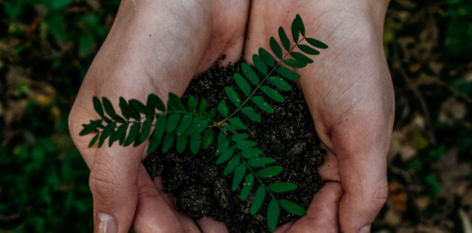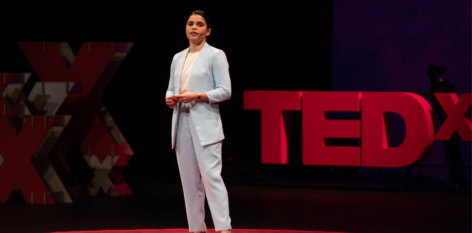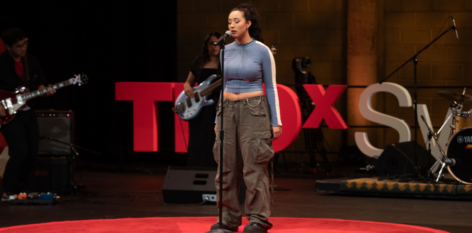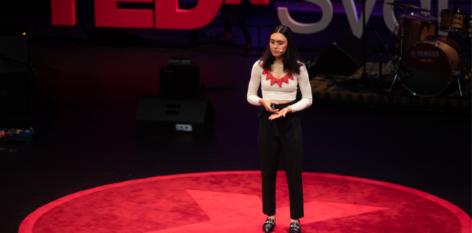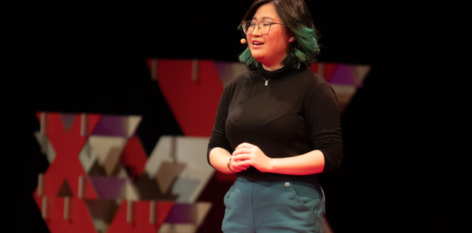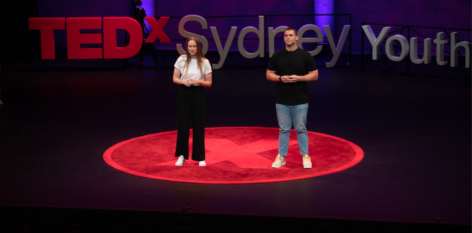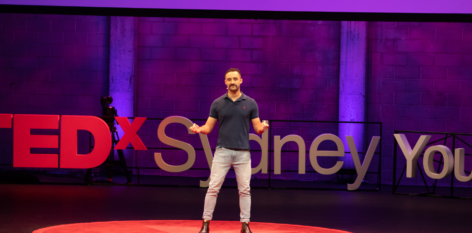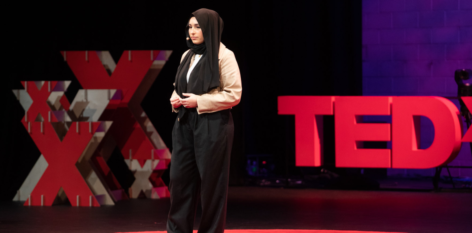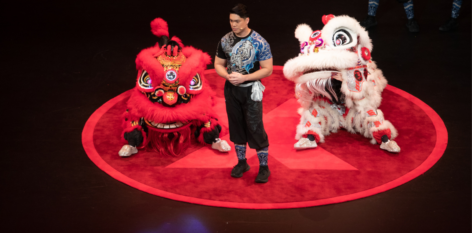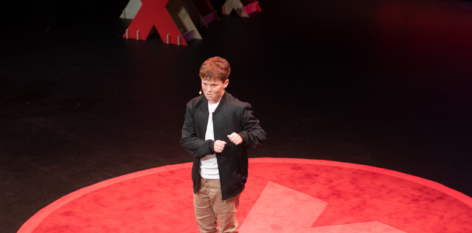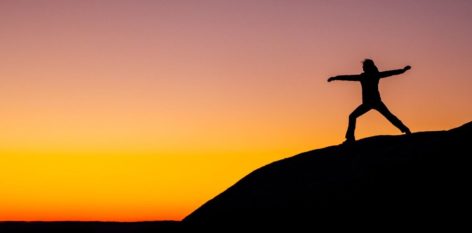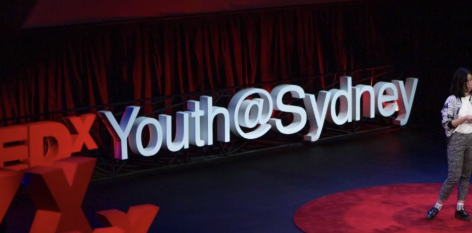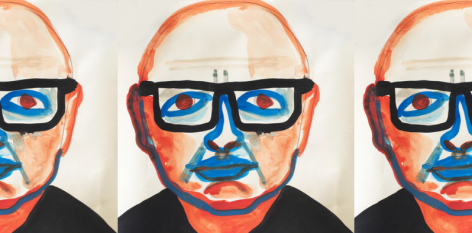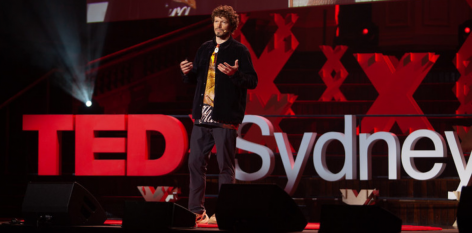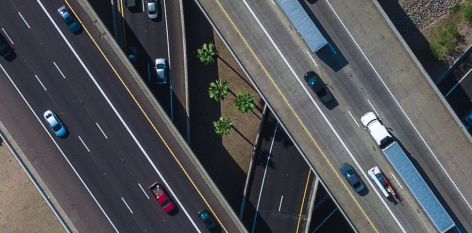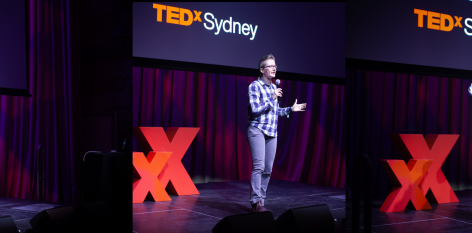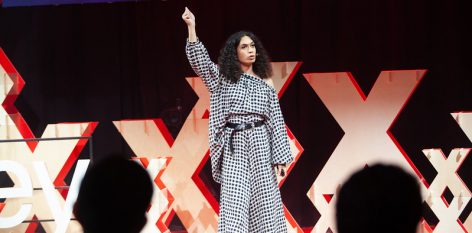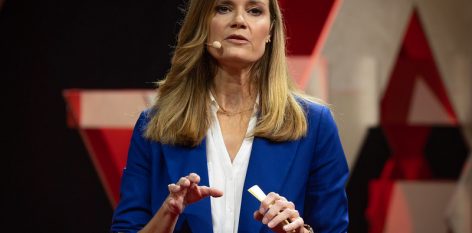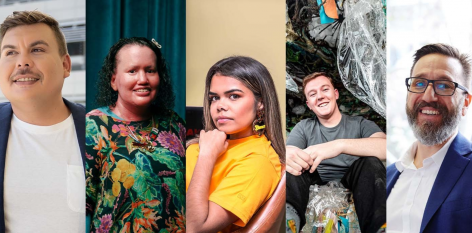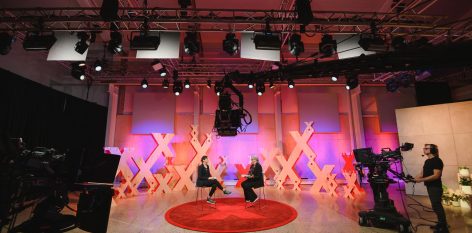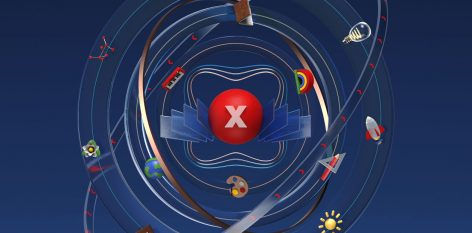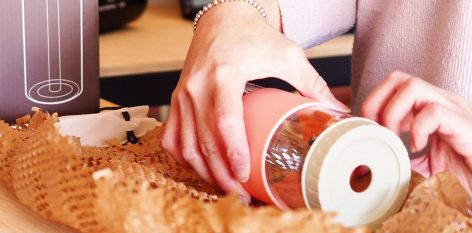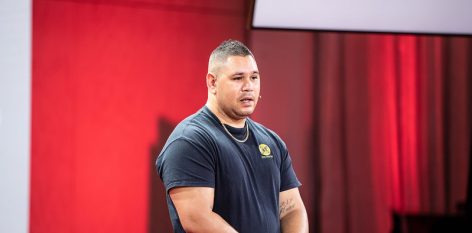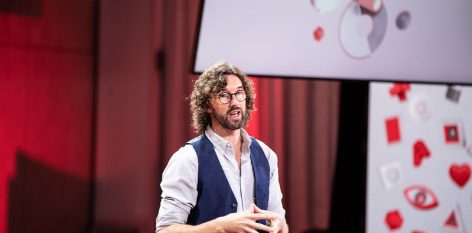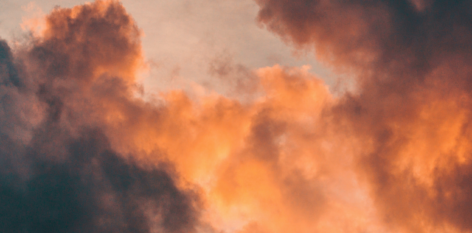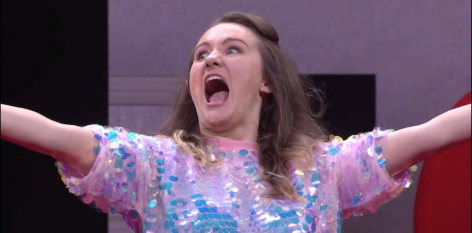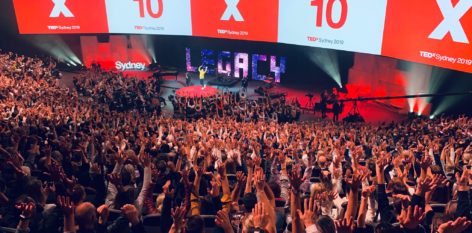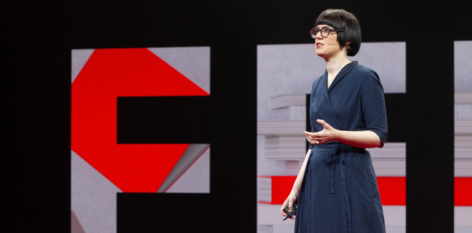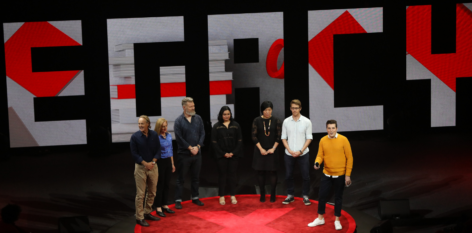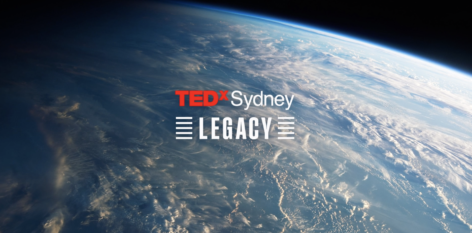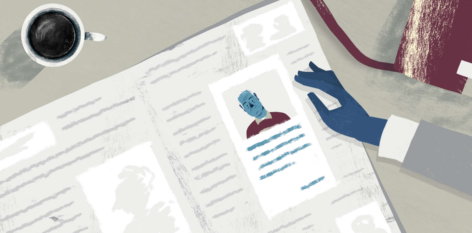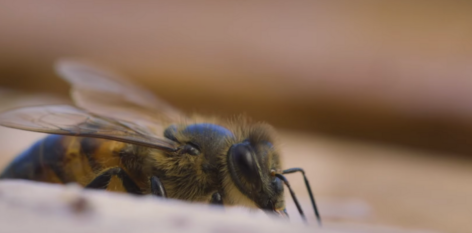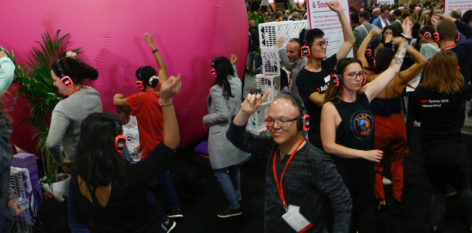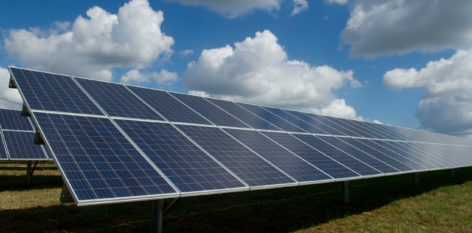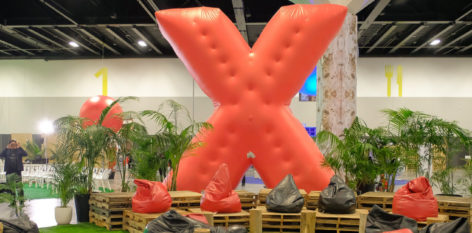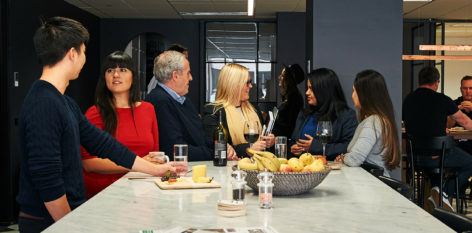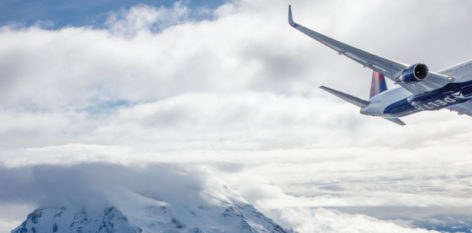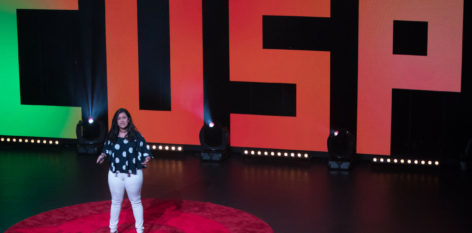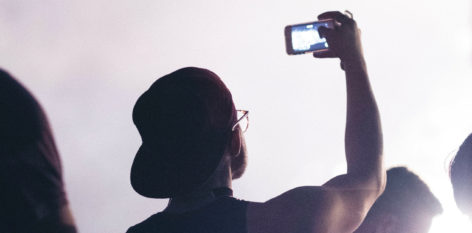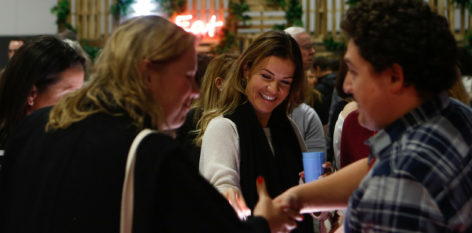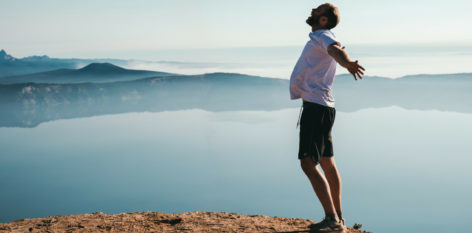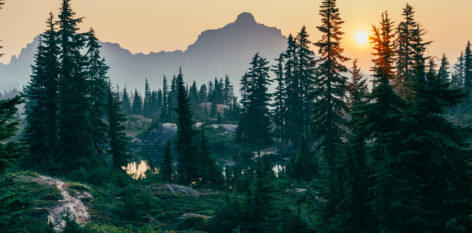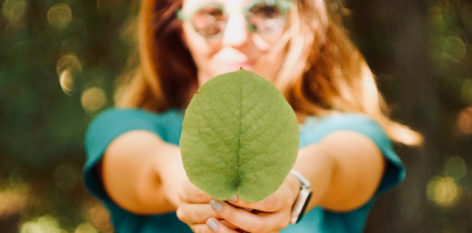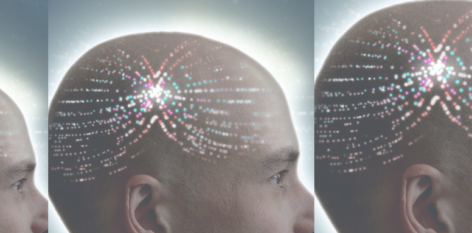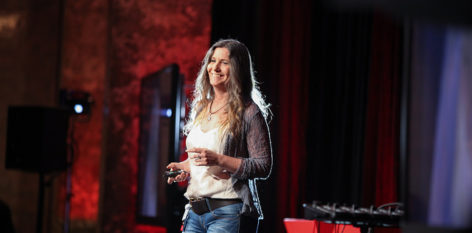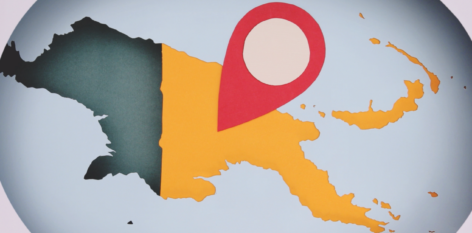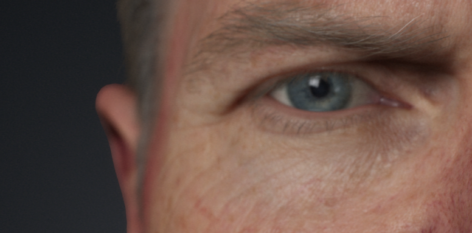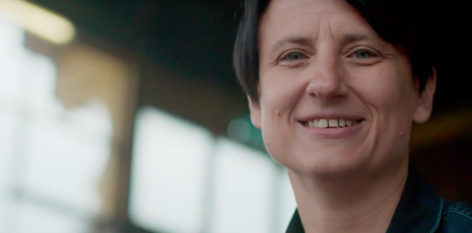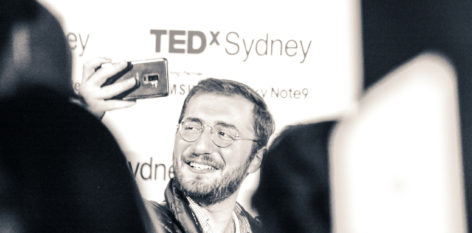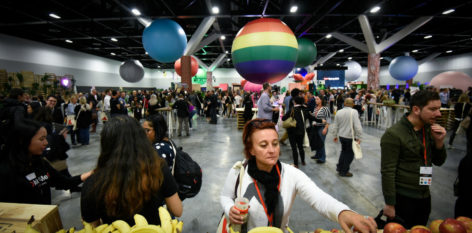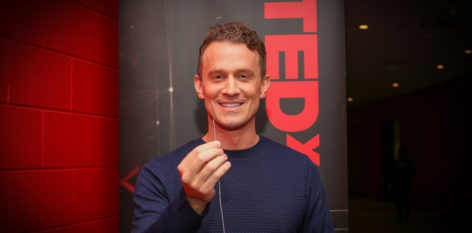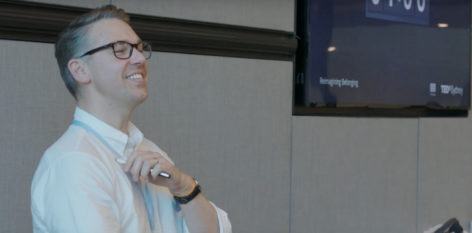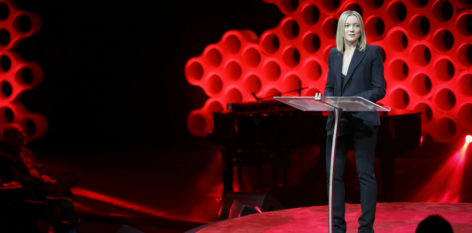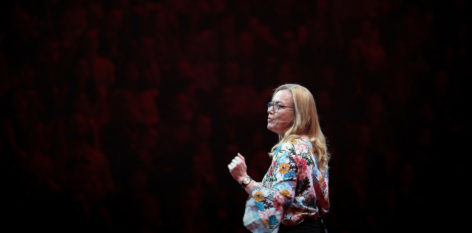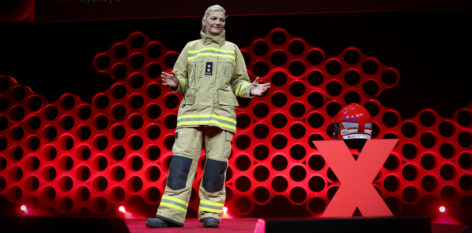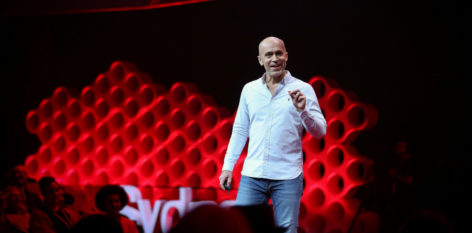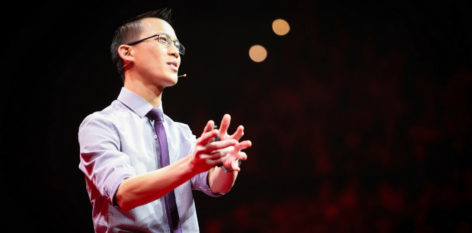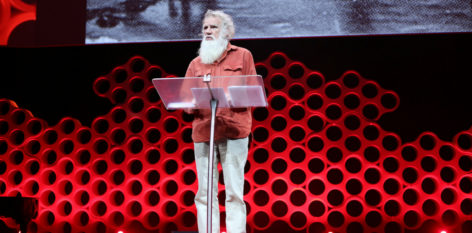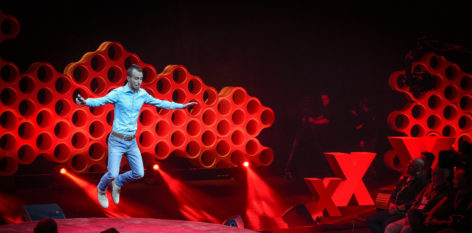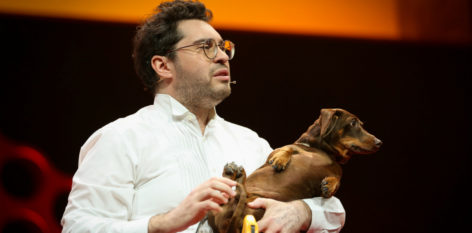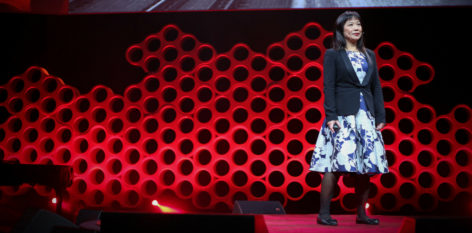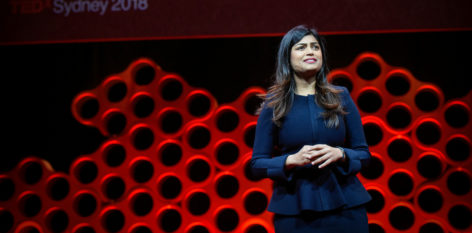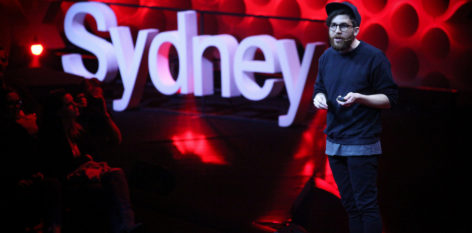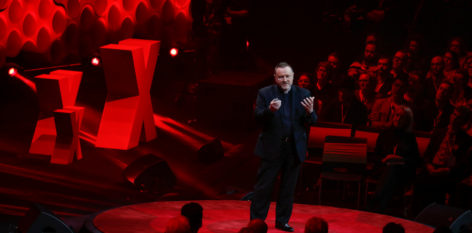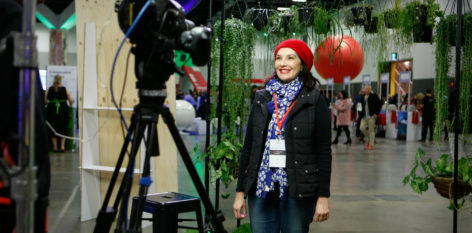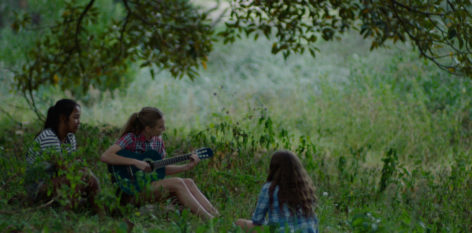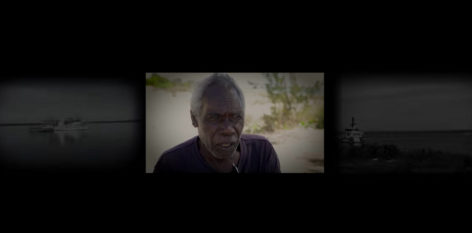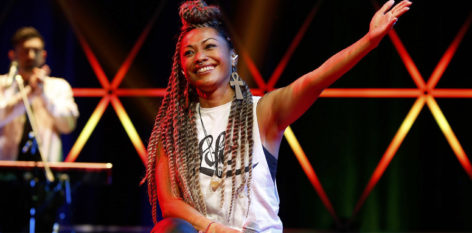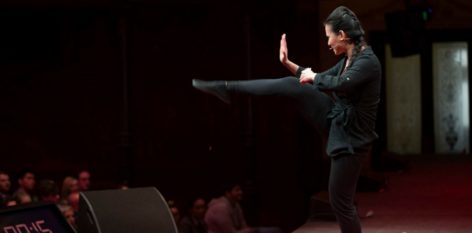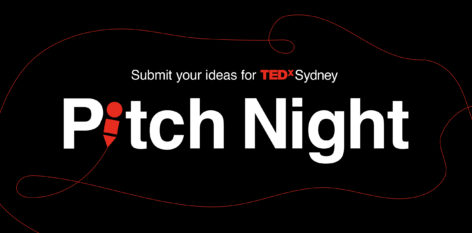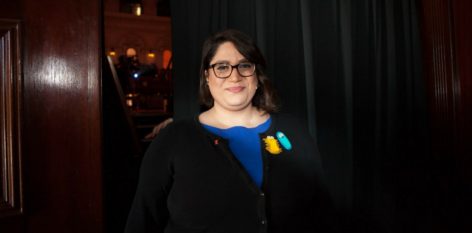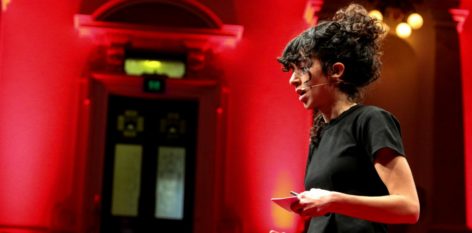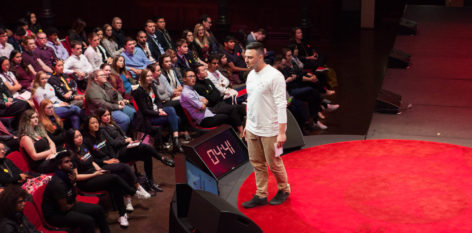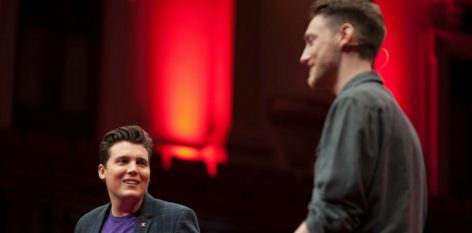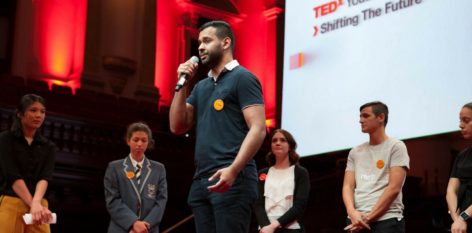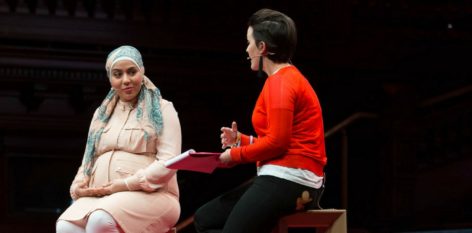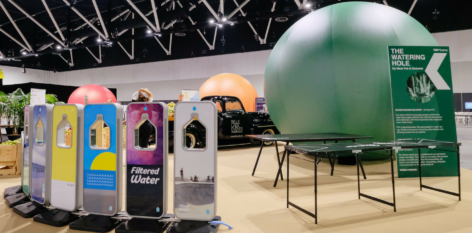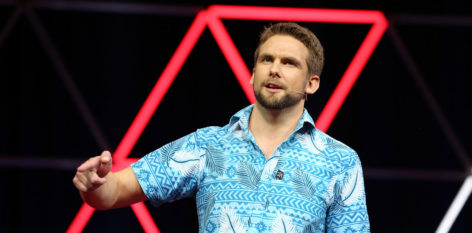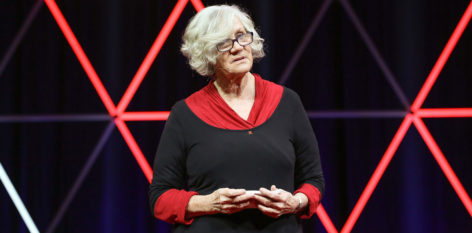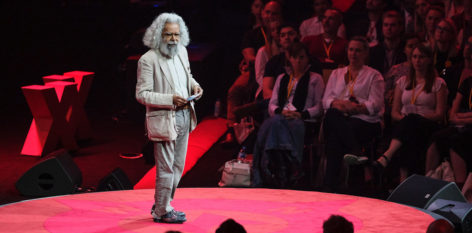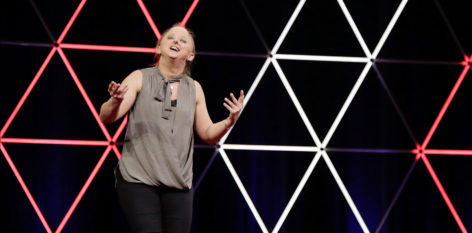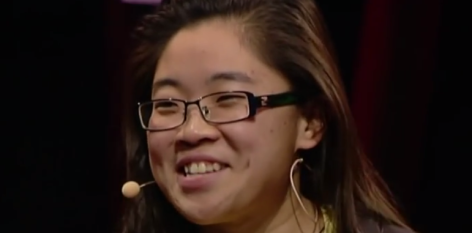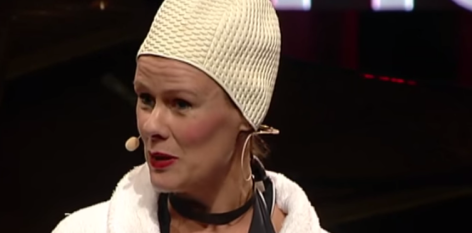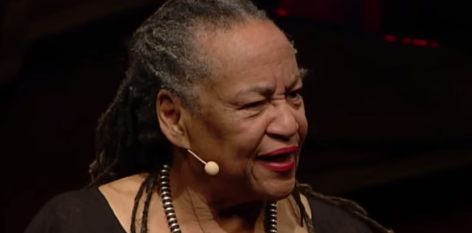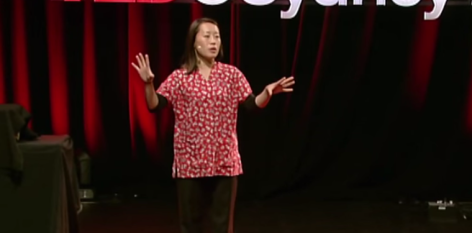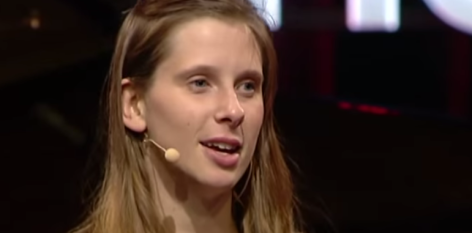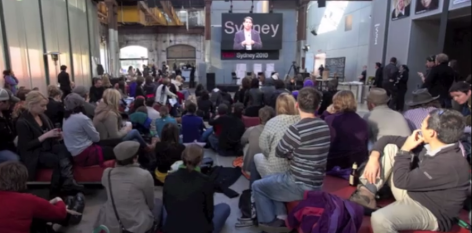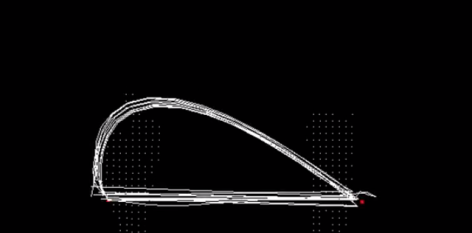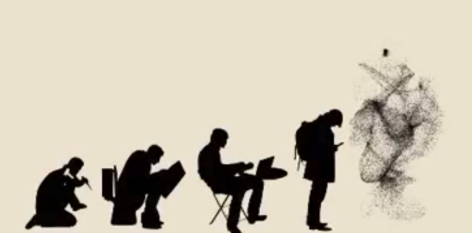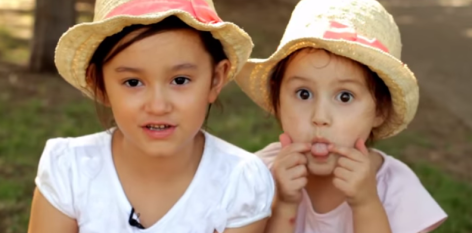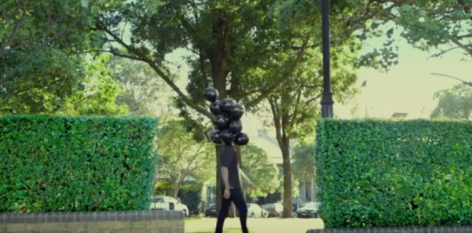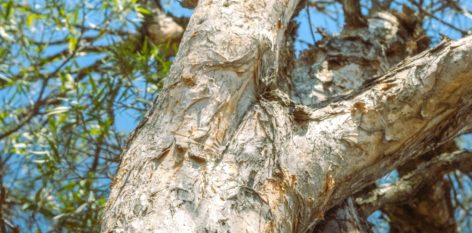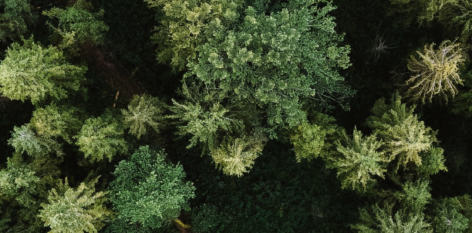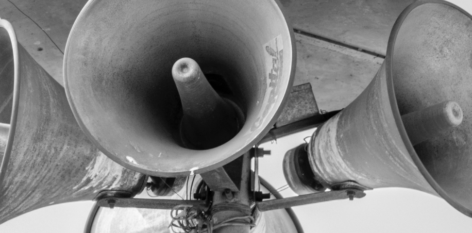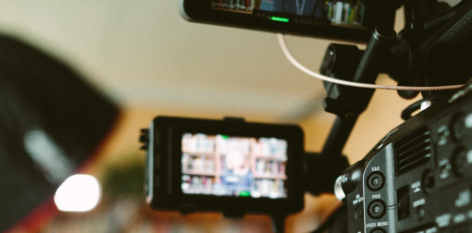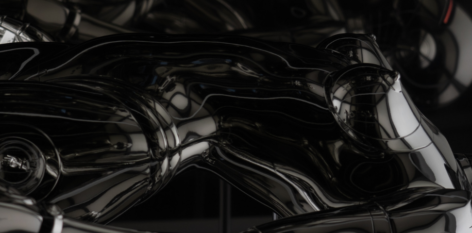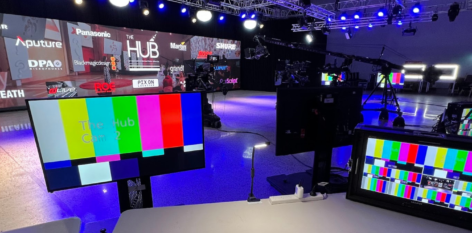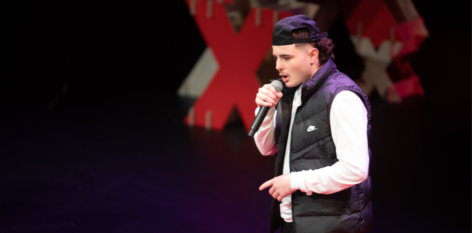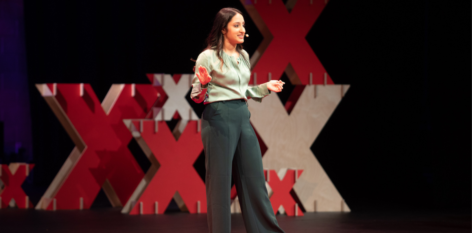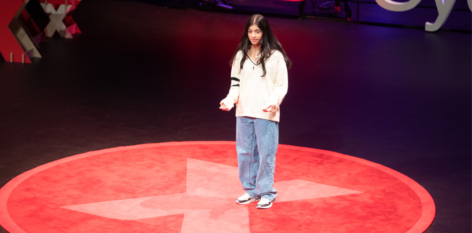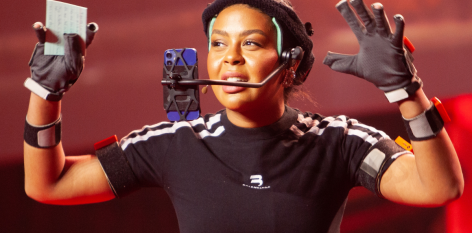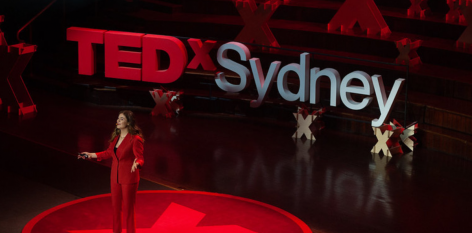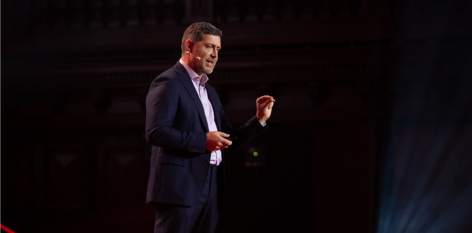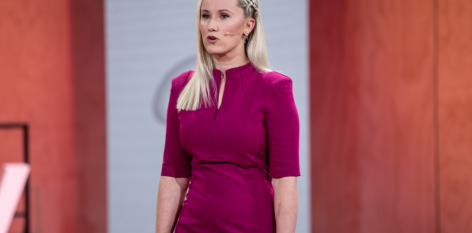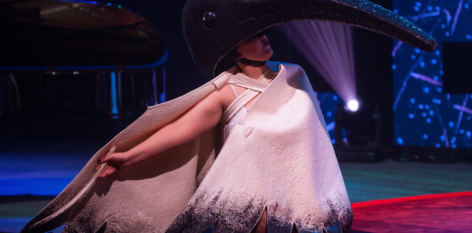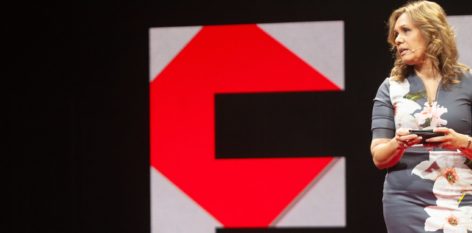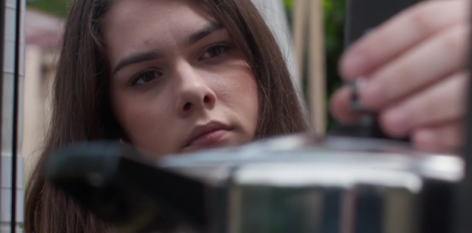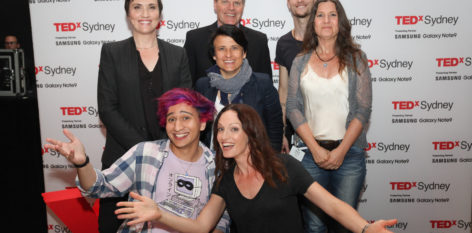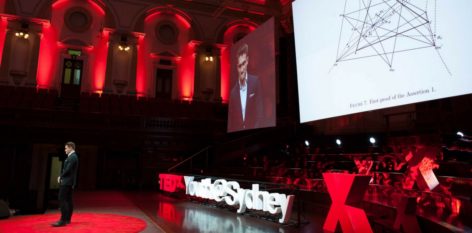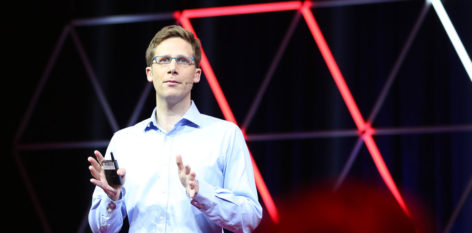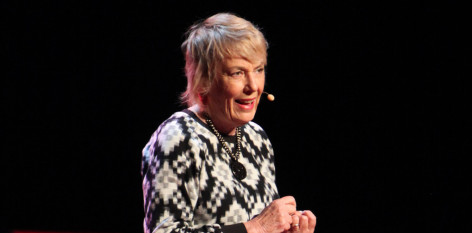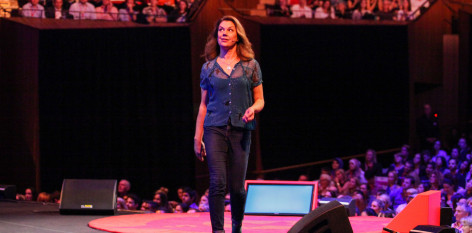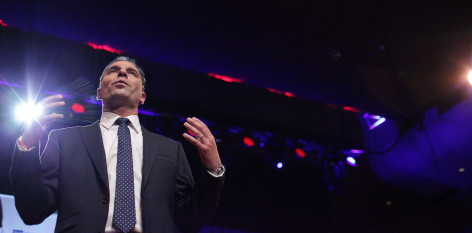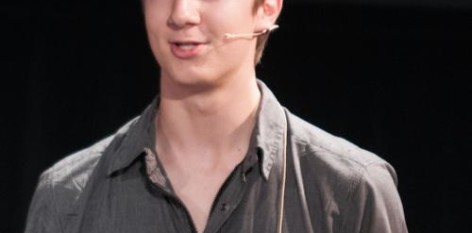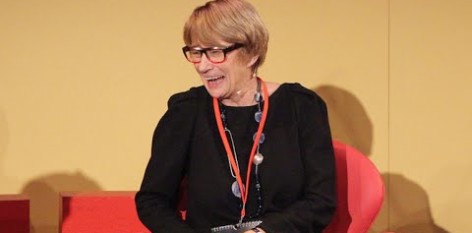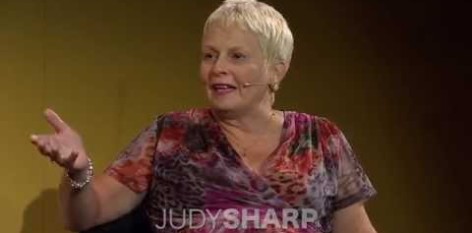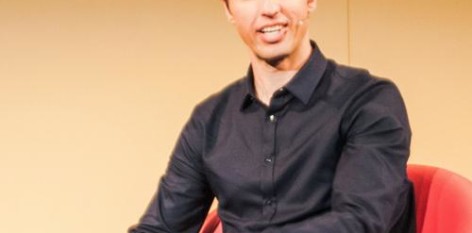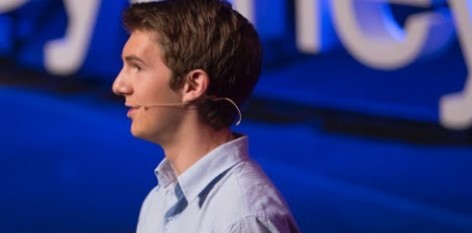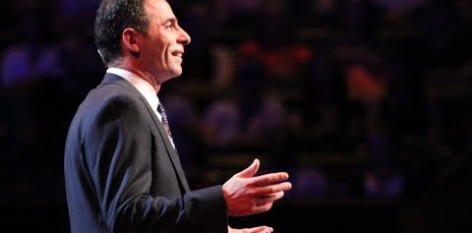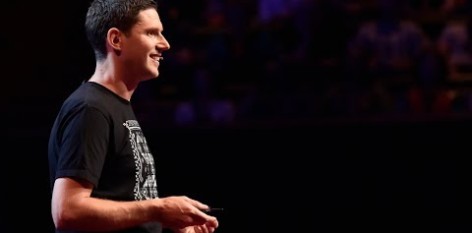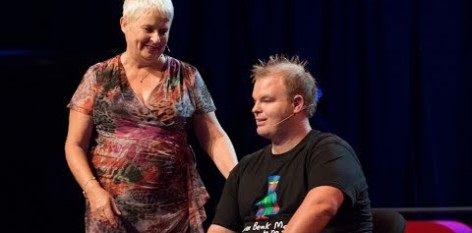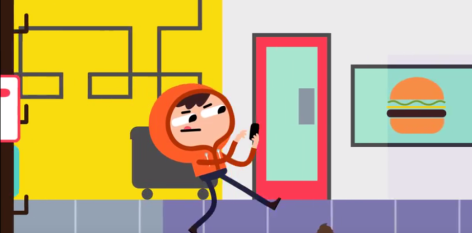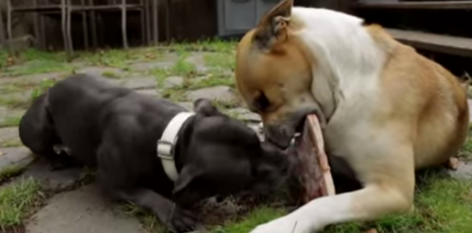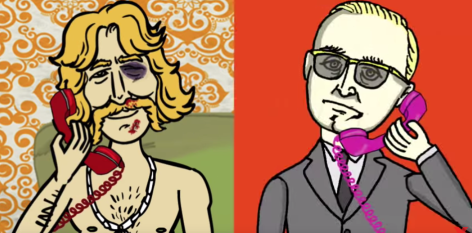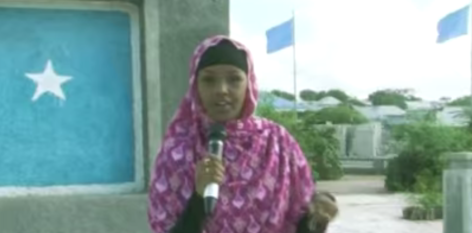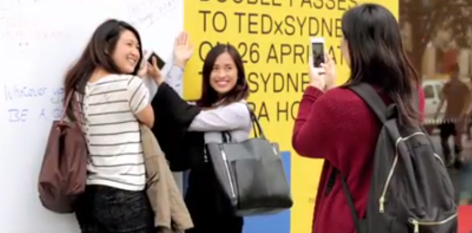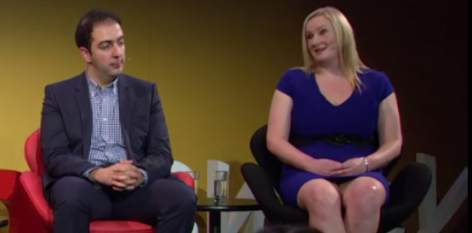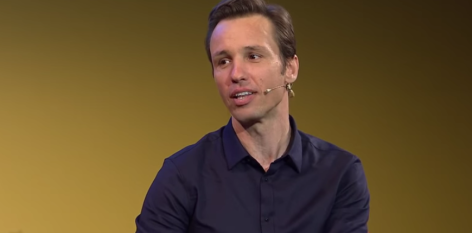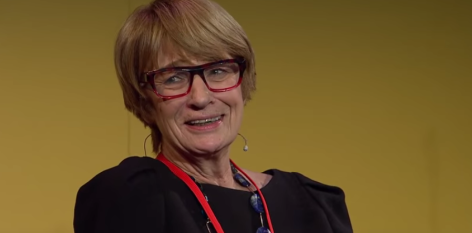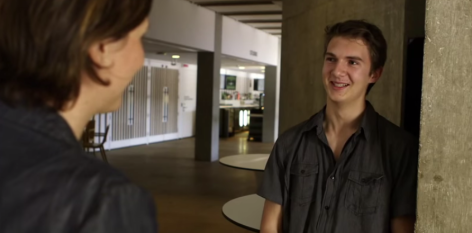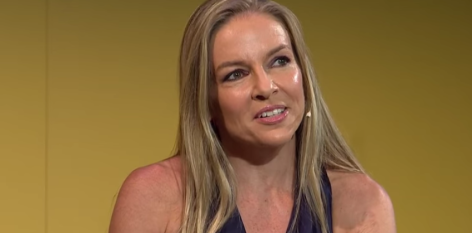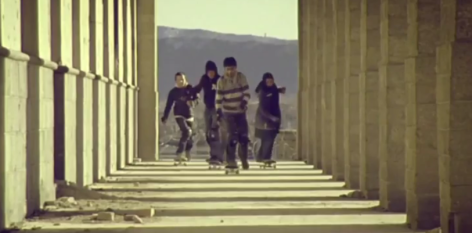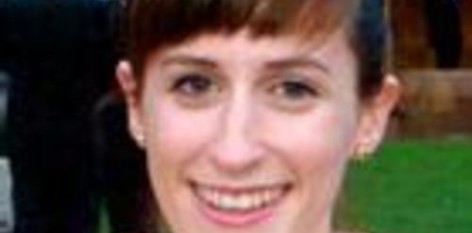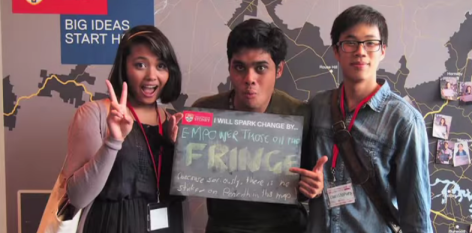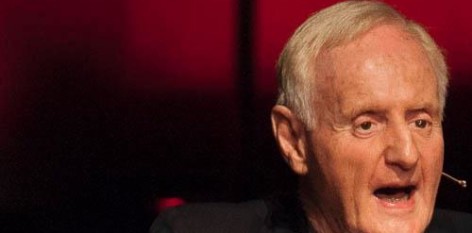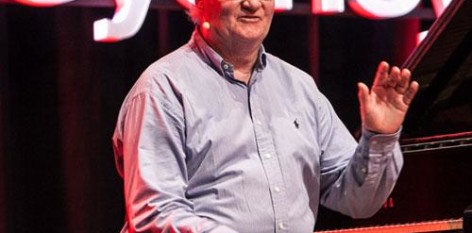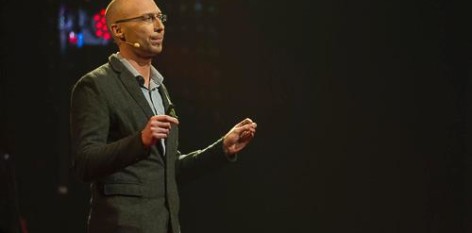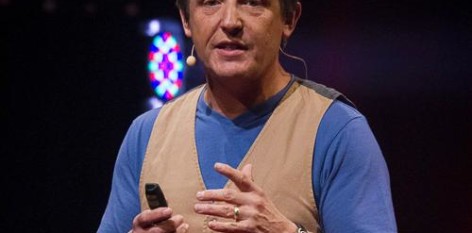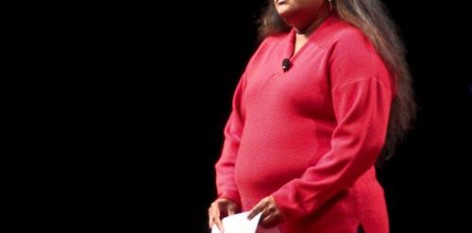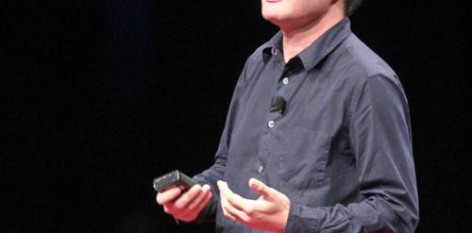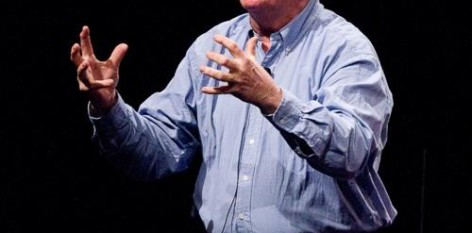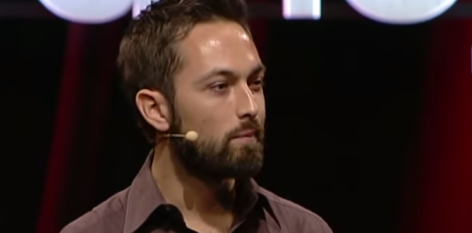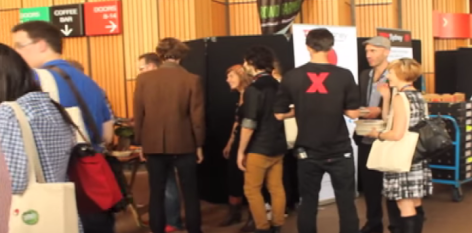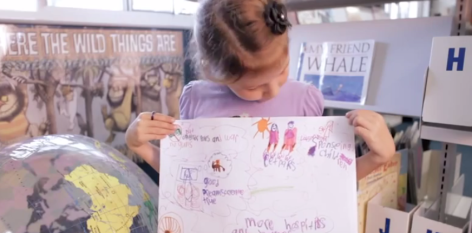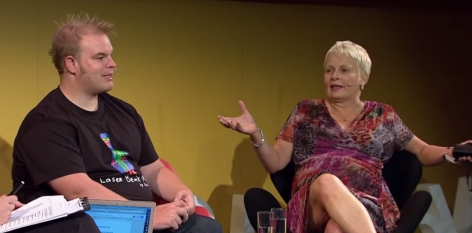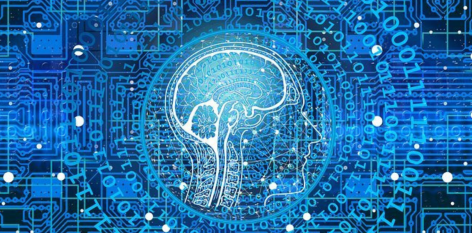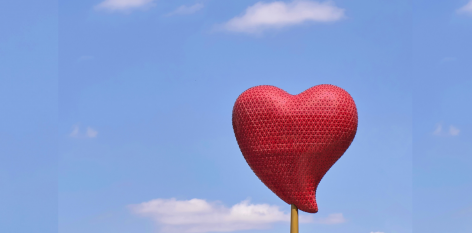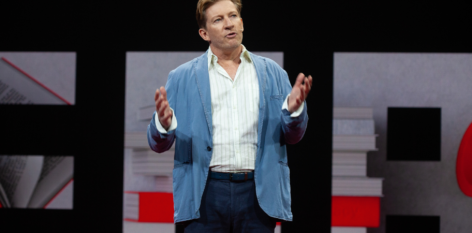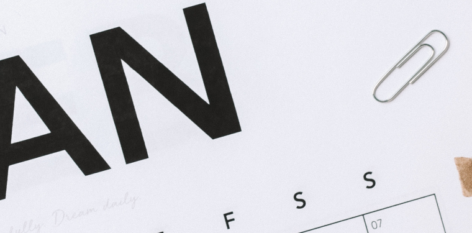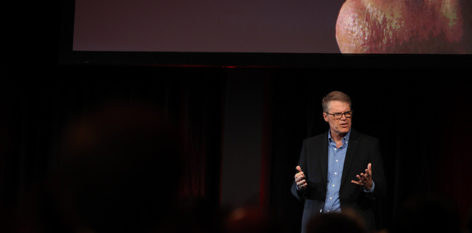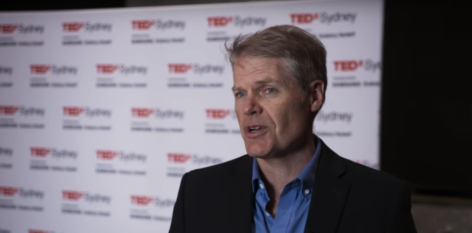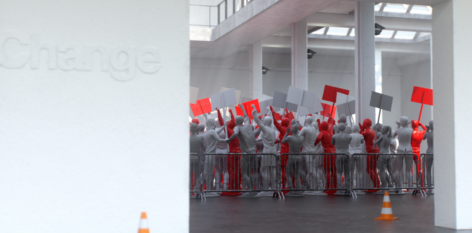“The facts don’t matter much if they don’t fit the story.”
Damon Gameau said this during his 2022 TEDx Sydney talk, explaining climate science denial through the lens of storytelling – specifically the lasting stories that arose from religion. Even Dr. Monica Gagliano opened her 2021 TEDx Sydney talk on science and nature with the Catholic Church burning heretics for suggesting Earth wasn’t the center of the universe. Coming closer to the truth has often required moving away from religious fundamentalism.
But what stories do we replace it with? Can we still keep the spirituality, the meaning? And should spirituality actually support nature, celebrating our inherent place amongst it? Many of us do not feel connected to the natural world around us. This has consequences in the way we approach decision making, at all levels. Is nature an exploitable resource? Or is it our life-giver, worthy of devotion? Are we part of nature, or above it, as our founding religions have long taught? If we want to continue at all, we need a new operating system, designed with our future, as well as our evolutionary past, at the forefront.
The Tipping Point
Existential threats inherently require such tipping points, either in favour of the species’ continuation, or extinction. We’ve already got memes half-jokingly planning for climate wars, expressing fears of mass migration, power losses and food shortages. We’ve already seen the massive supply chain disruptions caused by pandemics, floods, fires and drought.
How much worse could it get? The Intergovernmental Panel on Climate Change (IPCC) via the United Nations doesn’t have a great outlook, with the UN Secretary-General already having declared a code-red emergency for humanity. HUMANITY. ALL OF US.
For our species to survive (and thrive) past this century, we cannot continue on our current collective course. We need new equipment to navigate new seas. We need new captains, new ships. We need a new way of relating to life and death, to each other and ourselves, a new way that is evidence-based as well as deeply spiritual. We need compassionate competition, not flippant exploitation. We need to unite science with elements of traditional indigenous relationships with nature. We need to thread this unity throughout culture and education, as Gameau stated.
Belief, Identity, Nature & Religion
But how? Dr. Julia Baird stated in her 2021 TEDx Sydney talk, “Awe makes us feel more like inhabitants of the earth.” Many science communicators have spoken of awe as comparable to a sense of the divine. But it is difficult to integrate awe and respect for nature throughout systems still embedded in the original story of separation and exploitation, without something cohesive and compelling for organisations, communicators, educators, government and media to get behind. Does it require a movement, with a name? A brand, a banner? A whole new religion, even?
Imagine, politicians and CEOs and educators and everyday voters, all feeling our essential nature intimately intertwined with all other human beings, breathing trees, clean oceans, the cosmos itself. It would have deep implications for our self worth, sex, governments, drugs, relationships, how we shape the world. This could be our future. It’s not our present.
A Global Reckoning of Power
The problem with such a reckoning is that it requires post-colonial governments such as Australia and the United States to admit something rotten at the core of their identities – the continued destruction of Indigenous nations, and of our human connection to nature and landcare. It’s like building a house (on someone else’s long-cared-for land) with asbestos, then realising there might be a problem but refusing to address it. You might still have a house, but you’ll die inside it.
We’re going to go extinct one day anyway. I’d just rather it be via further evolution over another hundred thousand years of our descendants, not some self-inflicted apocalypse within the lifetime of my own children and grandchildren.
Yes, we are a mid-point, not an end-point, of our species evolution. Let’s start acting like it, as darkly appealing as it may be to hurtle irresponsibly towards oblivion.
What Catalyst?
We’ve had global school strikes for climate, decades of scientific reports and warning, innumerable reports of literal climate crisis tipping points, even films like Don’t Look Up – yet none of this has been enough catalyst for change, even among many average voters, refusing to change their views and politics, let alone the people in positions of power who directly benefit from environmental exploitation.
So we need another catalyst. But even if we could implement a new ideology, a renewed belief system emphasising our interconnected place among nature, among community, among the atoms of the universe – would these beliefs sway the ruling class? The power players? The polluters? Even after generations? Do we even have generations before things turn forever morbid?
Our Uncivilised Place in Nature
We are still in the wild, no matter how civilised we think we are. We are all still subject to diseases and viruses, earthquakes and bushfires, cancer and starvation. This is a humbling truth, opposed to the dangerous colonial religious belief that we are separate from animals and nature, above it all in some divine hierarchy. We can shatter the myth that morals can’t be gleaned from the natural world, but in fact should only be informed by the natural world.
A new movement or religion could support and facilitate this change, but perhaps it doesn’t need to be in the form of a traditional religious structure, which may actually invite unnecessary pushback. These ideas are already flowing through our phones, memes, videos, retweets etc. They were already here, known by First Nations people, who still play a key role in propagating such beliefs and landcare practices. These concepts challenge the dominant ethos many of us in the West were raised with, reinforced by culture more broadly. Younger generations are more willing to confront and learn from the horrors of our colonial past and to move forward with nature, compassion and mutual benefit/survival in our hearts. The movements have begun, but we need to be quicker.
How do we want to continue as a species? As Dr. Gagliano said, “We need to heal our minds [and] inspire our hearts so that we can really reconnect the spirit of our humanity, our beautiful humanity, with a sense of reverence and a sense of reciprocity to all life.” There is a split in our identity, in our humanity, a split that is altogether personal, national, and global. Let’s heal it.
This opinion piece is provided by K.J. Hennessy.

